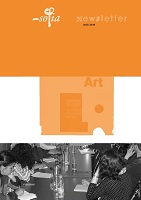
CAS Newsletter 2015/2016
Articles, pictures and interviews can be reprinted only with the consent of Centre for Advanced Study Sofia (CAS - Sofia). Any citations should be duly acknowledged.
More...We kindly inform you that, as long as the subject affiliation of our 300.000+ articles is in progress, you might get unsufficient or no results on your third level or second level search. In this case, please broaden your search criteria.

Articles, pictures and interviews can be reprinted only with the consent of Centre for Advanced Study Sofia (CAS - Sofia). Any citations should be duly acknowledged.
More...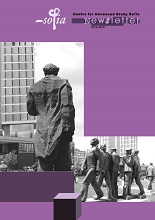
Articles, pictures and interviews can be reprinted only with the consent of Centre for Advanced Study Sofia (CAS - Sofia). Any citations should be duly acknowledged.
More...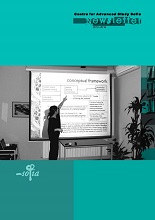
Articles, pictures and interviews can be reprinted only with the consent of Centre for Advanced Study Sofia (CAS - Sofia). Any citations should be duly acknowledged.
More...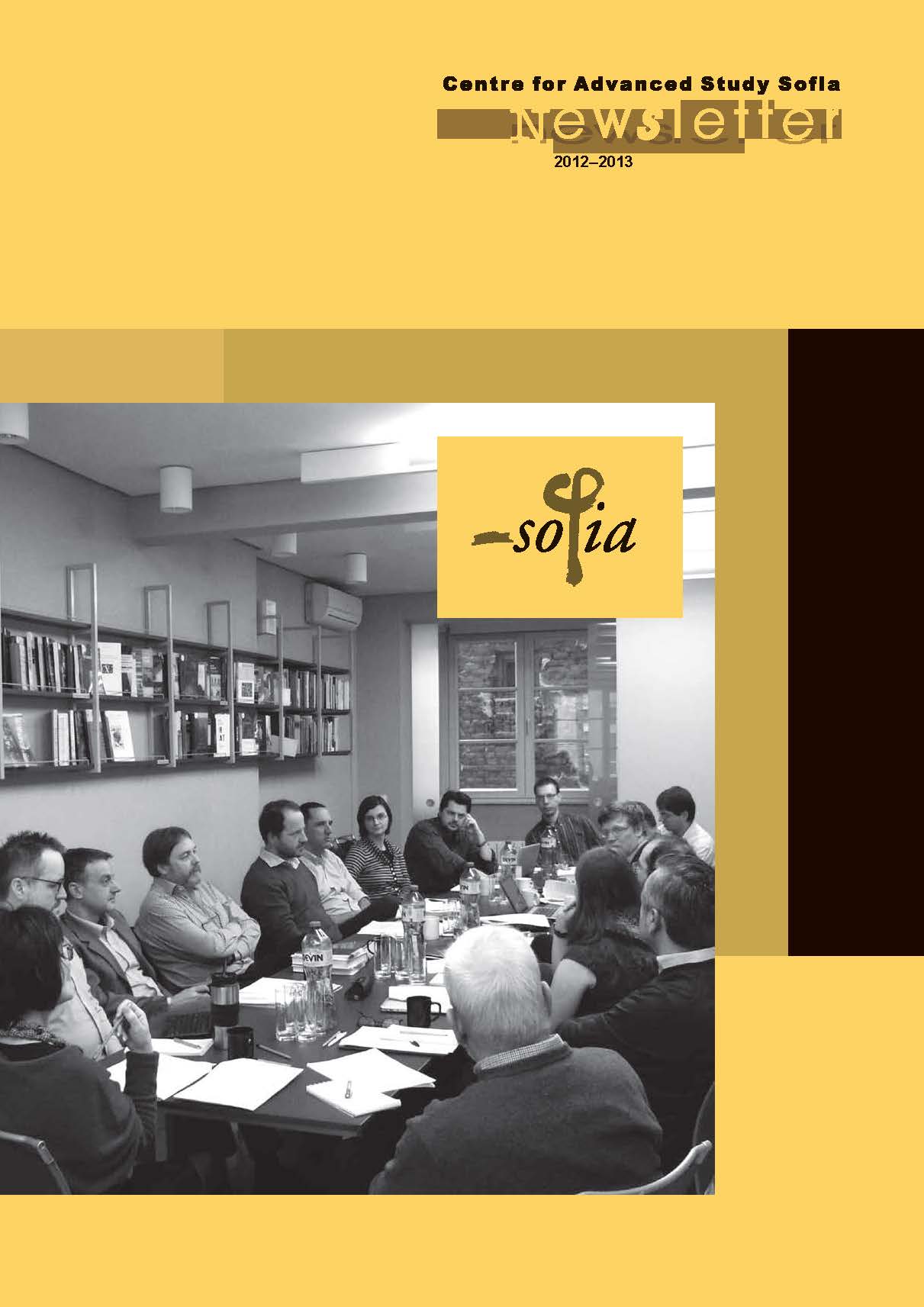
Articles, pictures and interviews can be reprinted only with the consent of Centre for Advanced Study Sofia (CAS - Sofia). Any citations should be duly acknowledged.
More...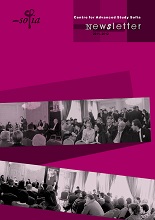
Articles, pictures and interviews can be reprinted only with the consent of Centre for Advanced Study Sofia (CAS - Sofia). Any citations should be duly acknowledged.
More...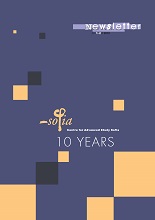
Articles, pictures and interviews can be reprinted only with the consent of Centre for Advanced Study Sofia (CAS - Sofia). Any citations should be duly acknowledged.
More...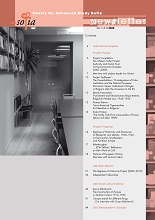
Articles, pictures and interviews can be reprinted only with the consent of Centre for Advanced Study Sofia (CAS - Sofia). Any citations should be duly acknowledged.
More...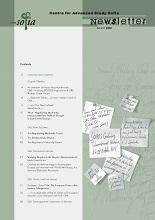
Articles, pictures and interviews can be reprinted only with the consent of Centre for Advanced Study Sofia (CAS - Sofia). Any citations should be duly acknowledged.
More...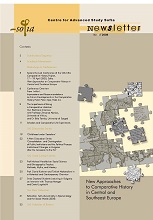
Articles, pictures and interviews can be reprinted only with the consent of Centre for Advanced Study Sofia (CAS - Sofia). Any citations should be duly acknowledged.
More...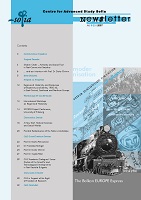
Articles, pictures and interviews can be reprinted only with the consent of Centre for Advanced Study Sofia (CAS - Sofia). Any citations should be duly acknowledged.
More...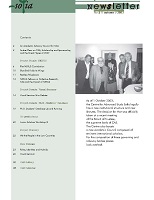
Articles, pictures and interviews can be reprinted only with the consent of Centre for Advanced Study Sofia (CAS - Sofia). Any citations should be duly acknowledged.
More...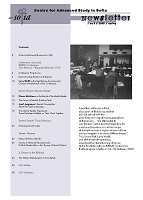
Articles, pictures and interviews can be reprinted only with the consent of Centre for Advanced Study Sofia (CAS - Sofia). Any citations should be duly acknowledged.
More...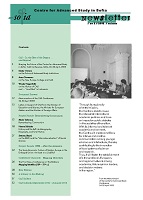
Articles, pictures and interviews can be reprinted only with the consent of Centre for Advanced Study Sofia (CAS - Sofia). Any citations should be duly acknowledged.
More...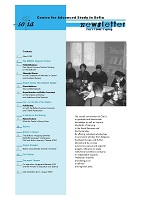
Articles, pictures and interviews can be reprinted only with the consent of Centre for Advanced Study Sofia (CAS - Sofia). Any citations should be duly acknowledged.
More...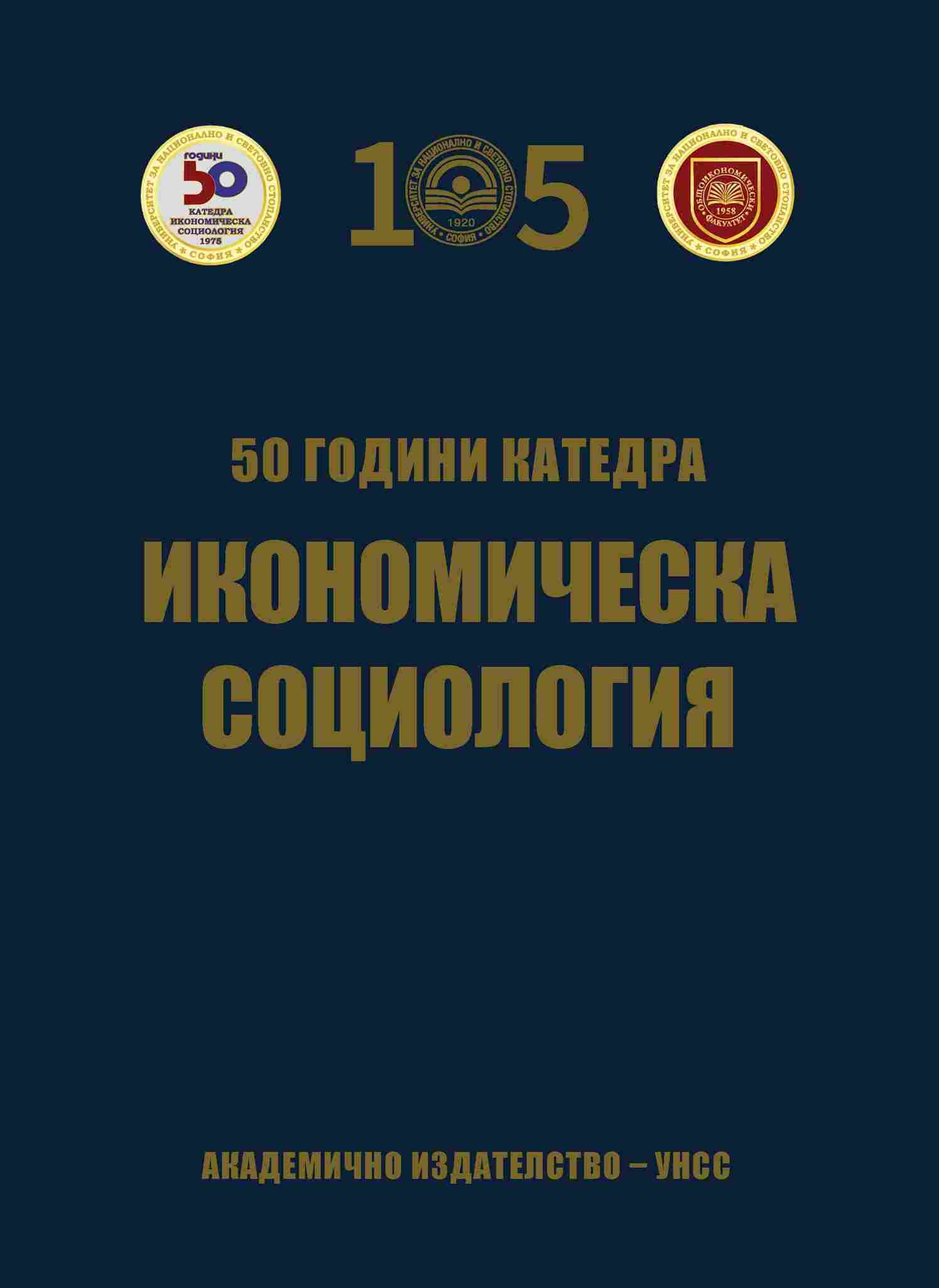
Two of the most common punishments from criminal law, which are of great importance for the social life of society, have been selected for analysis. It is necessary to isolate criminals and punish them for their actions, as well as to resocialize them and return them to their families and to include them in economic life. The need for probation is emphasized and the importance of prevention is emphasized in order to reduce crime and the need for punishments. Based on information from prisons and EU recommendations in this area, a sociological analysis of the two punishments „imprisonment “and „probation “ has been carried out.
More...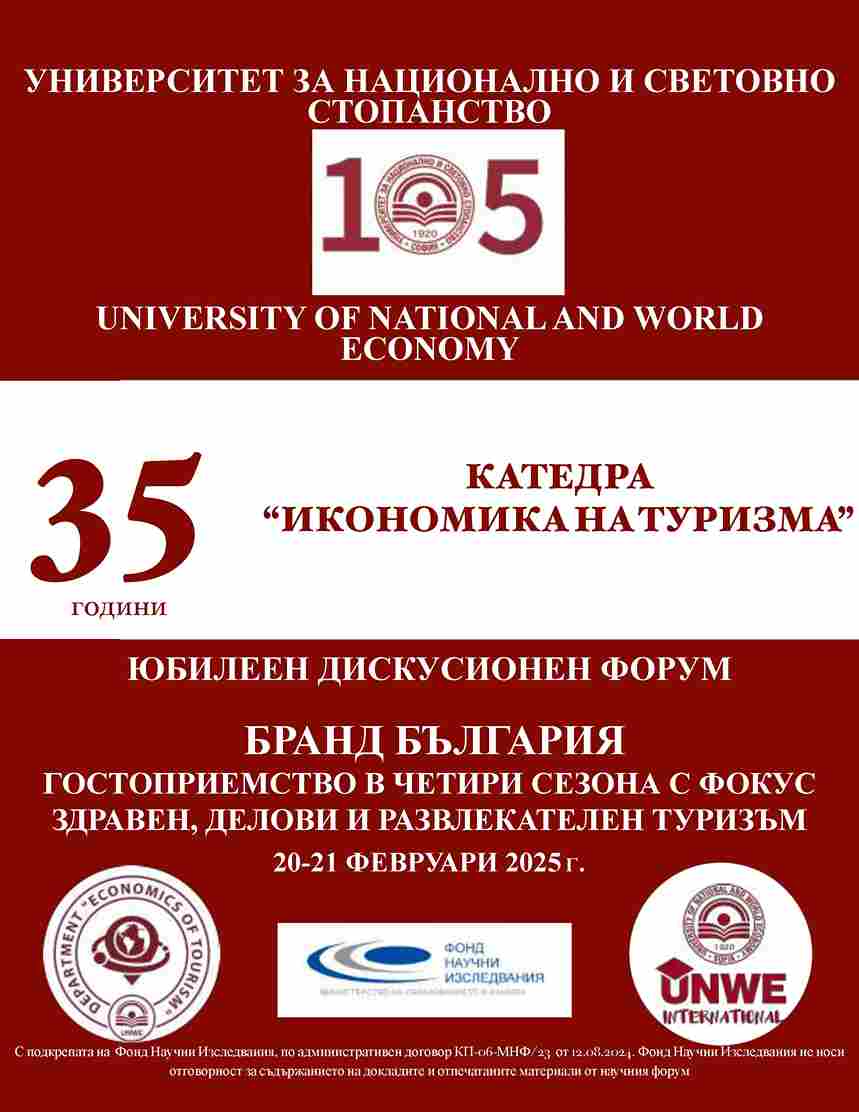
Digitalized services have entered tourism, which has changed the way how the entire trip is booked and conducted, including the accommodation. In addition, new tourist segments are emerging, the needs and demands of which the modern hospitality is striving to meet. In this regard, digital nomads are seen as a relevant segment for the tourism industry, including modern forms of hospitality. Essentially, they are international tourists who are looking for opportunities for self- development and freedom of lifestyle with an emphasis on work-life balance. Their mobility turns them into consumers of different types of accommodation – both in traditional and alternative hospitality. As proof of the importance of this specific tourist segment is the fact that a number of countries are adopting visa exemptions for this category of travelers. The report aims, based on a content analysis of the Bulgarian hospitality supply, to localize and indicate the available specific hotel products and services for digital nomads on the national market.
More...
Globalization and the competitiveness of the tourism sector bring new demands for specialized professional training in fields related to tourism and leisure. Alongside the detailed theoretical knowledge that students acquire in relation to their professional training, internships and industrial practices are a distinctive feature of tourism education, and this is no coincidence. Tourism is an industry in which the workforce creates most of the product's value. If workers are not well-trained and do not possess the necessary skills to operate in a dynamic environment, the competitive advantages of the sector lose their strength. These arguments justify the choice of the topic and its relevance and significance. The report aims to outline the main barriers and limitations to professional and practical training in the oldest tourism specialization in Bulgaria by identifying the weaknesses in accounting for the mandatory internships of students after the third year of their study. The paper posits the hypothesis that the University of Economics – Varna, through its „Tourism“ speciality, could become an example and best practice for conducting professional training, but only if several key issues are addressed, primarily related to the environment and conditions in which the professional training of students takes place. Most of these students are representatives of Generation Z, who are shaping new trends in the tourism labor market. The situational analysis and the data from the survey regarding the overall satisfaction of interns and employers indicate that there are significant discrepancies between the students' training and the requirements of the business. This could only be addressed through the modernization and digitalization of education in a way that meets the demands of the contemporary tourism market.
More...
In the era of globalization, digitalization and rapid technological progress, medical tourism is an important aspect for both national health systems and from a global health perspective. The institutional characteristics of national health systems shape the demand for medical tourism, as well as having a determining influence on the nature of its impact on a particular country. Knowing the characteristics of the national healthcare systems of particular countries and taking them into account leads to a highly effective marketing policy.
More...
Tourism is one of the most significant economic sectors worldwide, providing employment, generating revenue and contributing to cultural exchange. However, its impact on the environment, local communities and economic stability poses challenges that require sustainable solutions. In this context, responsible tourism has emerged as a concept that integrates economic, social and environmental aspects aimed at long-term sustainability. This paper aims to provide a conceptual and practical basis for establishing a theoretical framework on the relationship between responsible tourism and the sustainability of tourism destinations. To this end, the role of stakeholders will be examined and key indicators for measuring sustainability will be analyzed.
More...
The article aims to present the current situation in graphic design education regarding the application of the Cyrillic alphabet and the Bulgarian language in the teaching of theoretical material and in the implementation of practical tasks in Bulgarian education. The problem is expressed in several aspects – in the displacement of Bulgarian terminology and the entry of loanwords into the terminology of "modern" disciplines without looking for or replacing them with the already existing Bulgarian terminological equivalents; in the consumption of mostly foreign-language online sources in the students' self-training and use of English-language software, which influence the vocabulary and the selection of concepts in the description of work processes and functions; in the automatic selection and even preferences of the Latin and English forms of expression in the development of design projects. The results of the conducted observation and survey of the opinion of students, teachers and clients regarding their position and attitude on the subject are presented. The positions of the teachers vary between the positive opinion that English-speaking clientele will prevail in the future professional practice, and that this type of professional training is urgent and even necessary, and the extremely negative, accepting the preponderance of Latin as a manifestation of low Bulgarian-language culture and a „negligent“ attitude towards the native language as a cultural asset. Students and customers maintain a relatively callous attitude towards Cyrillic with a pronounced preference for Latin as fonts and English for ease of wording of advertising appeals, brand names, etc. At the end, the main conclusion is the statement that the English-language wave and the cult of the Latin alphabet are another fashionable line of behavior, having their own legitimate socio-political arguments, but at the same time, as a counterpoint, it raises strongly patriotic attitudes, where the Bulgarian language, alphabet and writing are of exceptional respect, so the transitory nature of the described trend is rather predictable.
More...